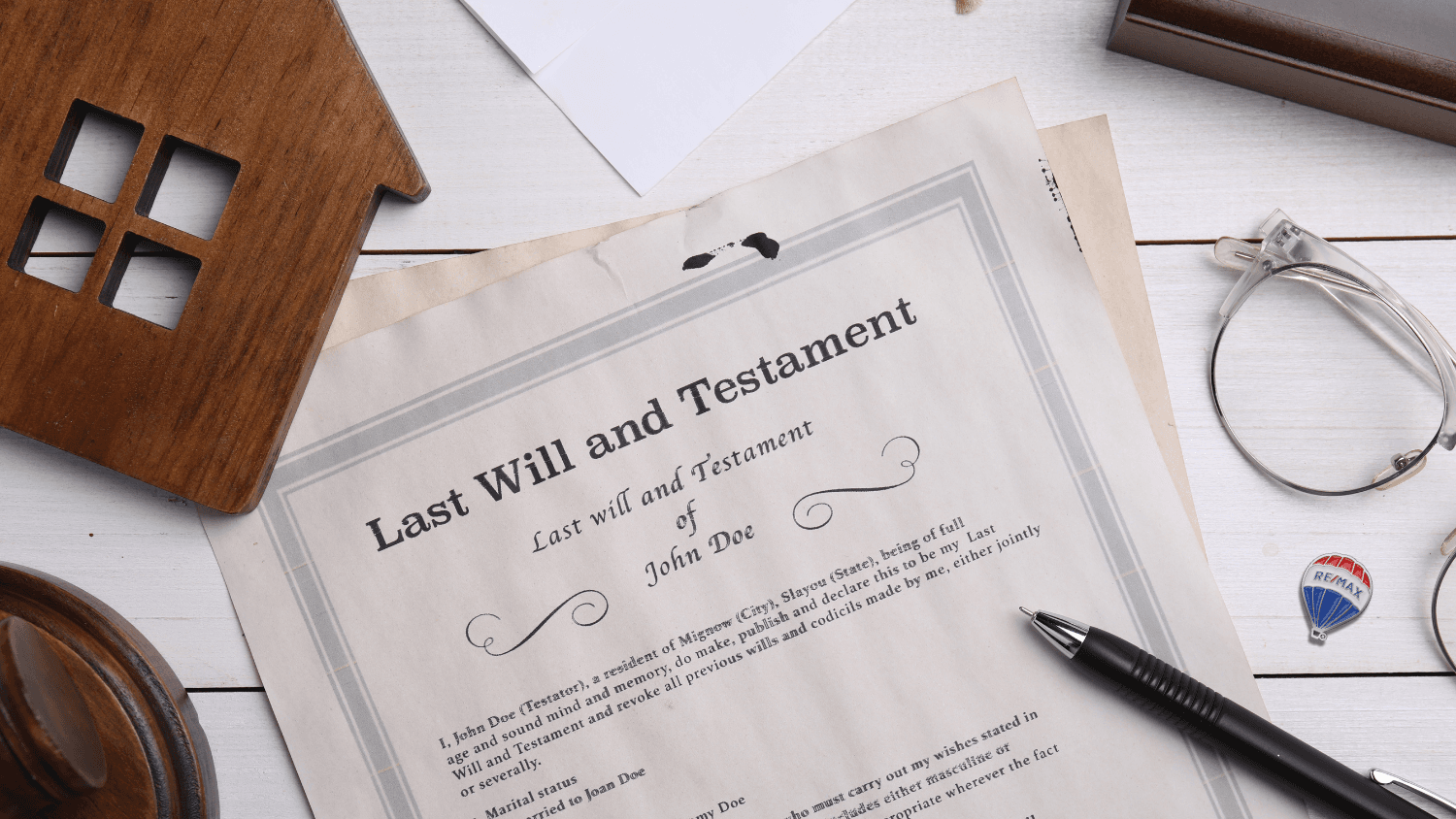Is the seller obliged to give copies of the plans of their property to prospective buyers? This is a question that comes up time and again during the sales process. The short answer is “No.” The long answer is a bit more complicated: it’s also the buyer’s right to ask for them, and even to include a clause to that effect in the offer to purchase (OTP). It is good to be prepared for this possibility.
In this article, we’ll look at the implications of both selling a property without approved plans, and/or doing building work without approved plans.
Where do you get the plans for your property?
If you built your house, or extended your home, you would have had to have proper plans drawn up and approved by your local municipality. This means that you should have a copy of your plans on hand. However, if this isn’t the case, you should be able to get the plans from your local municipality. Sometimes, though, municipalities do not have copies of plans on record. There are two main reasons that this could happen. Firstly, something has happened to their records e.g., there might have been a fire or a computer crash which destroyed all their records and plans. On rare occasions, for example, if the building is very old and has not been altered, there may be no plans on record at the local authority’s offices. When this happens, it is the current owner’s responsibility to have plans drawn up.
What happens if the municipal plans don't reflect my property?
If the building plans that you get from the municipality do not resemble or reflect the actual layout of your house and the buildings on your property, then you have to work out whether these differences would be considered major or minor alterations.
What is the difference between major vs. minor building work?
As a general principle, all building work on your property needs to be approved. In other words, plans must be submitted to the municipality before you start building. However, minor building work doesn't need planning permission. Examples include:
- Structures that people would not live in. For example, a garden shed or a wendy house (less than 5 m2) that you put up for your children to play in, a pergola, or a gazebo.
- Repairing or replacing your roof – with similar materials.
- Internal alterations unless they could affect the structural safety of the building. For example, if you demolish a load-bearing wall to connect two rooms, you will need planning permission before you start work.
Exceptions that require planning approval
Depending on the municipality, there could be two exceptions to this rule:
- The installation of solar or other alternative power systems needs planning approval to ensure that they are up to specification and safe.
- Swimming pools might require planning approval for two reasons: the construction of a swimming pool usually needs major excavation work and, secondly, following a spate of drownings, some local authorities have introduced regulations related to pool security and access.
It is possible that the approved plans do not exactly reflect your property, but if the changes are significant structural alterations (for example, if there is an additional room or an outhouse like a garden cottage), then plans need to have been submitted — if not, the responsibility then lies on the current homeowner to have new plans drawn up and approved to reflect the changes. The municipality could either reject the plans and/or penalise the owner and could even demand that any illegal structures be demolished. That is why most buyers will insist that the seller has up-to-date approved plans of the property.
Side note:
In terms of the National Building Regulations and Building Standards Act 103 of 1977, property owners must get building plans approved by their municipality before construction work begins. Getting plans approved after the structure is already built might be more complicated. You might need to consult a professional and go through the building regulatory process to get the plans properly approved and registered with the municipality.
Voetstoots
In South Africa, because our law is based on Roman-Dutch law, many of our contracts include a voetstoots clause. In essence, this means that you buy the property as is or as it stands: what you see is what you get. Effectively, this indemnifies you (the seller) against a claim for damages if there are any latent (invisible) defects on the property. However, with effect from February 2022 when the Property Practitioners Act came into effect, it is now a legal requirement for sellers to inform both the agent and the buyer about any defects or problems with their property that is known by the seller. As acknowledgement of this, both the seller and the agent must sign a mandatory property defects disclosure form which becomes part of the OTP.
What does this have to do with building plans?
Approved building plans are a good way of proving to a buyer that everything about the property meets the standards as set out by your local authority and the national building regulations. It's insurance for you against legal action because, in terms of South African law, a building that is sold without approved plans is considered to be one with a latent defect.
If the buyer discovers that there are no approved plans, and this was not disclosed to them upfront, they are within their rights to cancel the deal. If, however, they find out after the property is in the new owner’s name, and there are other latent defects that the seller deliberately hid from them, the buyer will have legal recourse against the seller.
A last word
Making sure that you have approved plans before you start the process of selling your property is smart. As we said earlier, these prove to prospective buyers that what they see is what they’re getting. Offering plans is a useful strategy for preventing problems from arising later in the process and which could potentially stop the transaction.
If you’re confused about the role of approved building plans when you buy or sell your property, contact your nearest RE/MAX office for some free advice.
Have more unanswered questions? Here are some related questions – and answers – that might help…
How long does it take for a municipality to approve house plans?
The time it takes for plans to be approved depends on the municipality. In some cities, the turnaround can be a few weeks, while in others it can be as long as six months.
What happens if building plans are not approved?
If building plans are not approved, it means you may not move ahead with your building project as you originally intended. You have two choices: either to amend your plans so that they meet the standard or to scrap the project.
What certificates are required when selling a property in South Africa?
When you sell a property, you usually need the following certificates of compliance: electrical, electric fence system, and gas. In some cities and provinces, you may also have to get a beetle infestation clearance certificate and a water installation certificate.






